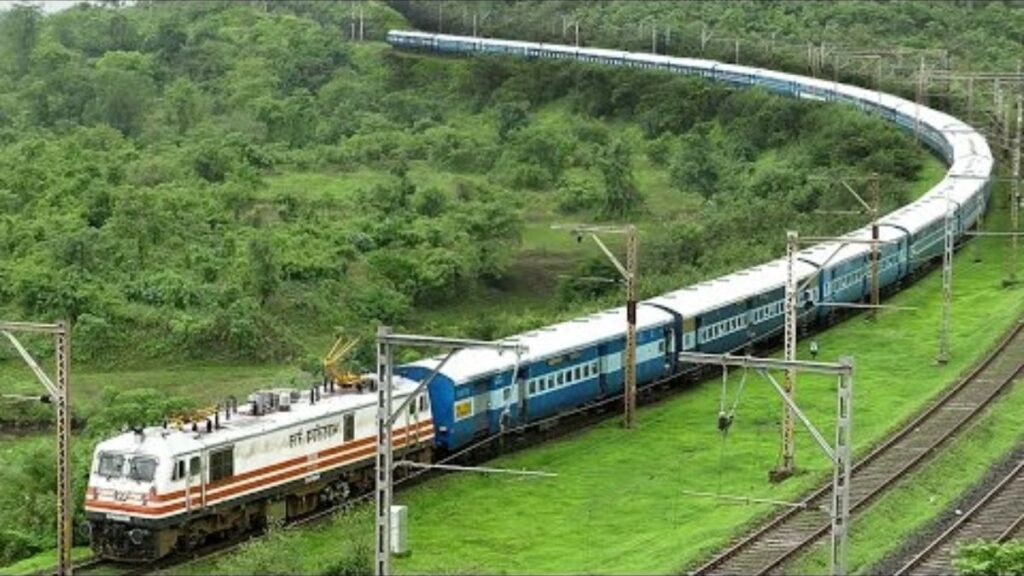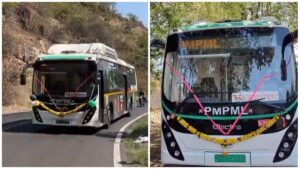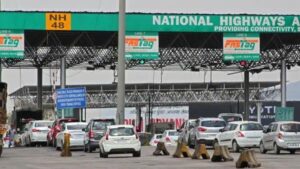Indian Railways to Test High-Speed Brakes on Tricky Mumbai-Pune Mountain Stretch to Make Travel Faster

If you’ve ever taken a train from Mumbai to Pune, you know the journey includes a beautiful but slow crawl through the ghats. You might also have noticed the train making a brief, unexplained stop at a station like Khandala. That stop is for a crucial manual brake check, a safety ritual that adds a few minutes to the trip.
But that could soon be a thing of the past.
Starting today, August 29th, Indian Railways is conducting a major safety trial on the challenging Lonavala-Karjat section. Their goal is to see if advanced technology can make these mandatory stops unnecessary, paving the way for faster and more punctual rides on one of India’s busiest routes.
A special test train, led by a powerful WAP5 locomotive and pulling 24 coaches, will make multiple runs on the steep mountain slopes. It will be packed with technical staff and safety officials, all focused on one thing: testing the train’s emergency and full-service braking distances at speeds of up to 60 km/h.
Why is this such a big deal? This particular stretch of track is one of the most difficult in the country due to its steep gradients. Ensuring that long, modern trains can stop safely and controllably at higher speeds is absolutely essential before any service improvements can be made.
The key to this future is something called “speed-sensing devices.” These are electronic systems that automatically and continuously monitor a train’s speed and brake pressure. If the trials are successful, these devices will provide real-time safety data, making the old-fashioned manual brake checks redundant.
The benefits are clear: no more two-to-five-minute delays for those mandatory halts, which would mean better punctuality and less congestion on the packed corridor. For the thousands of daily passengers on trains like the Deccan Queen, Intercity Express, and Vande Bharat, this could mean safer, smoother, and slightly quicker journeys through the mountains.
This initiative is part of Indian Railways’ broader push to modernize its operations. If successful, the lessons learned here could be applied to other tricky mountain sections across the network, making train travel safer and more efficient for everyone.







